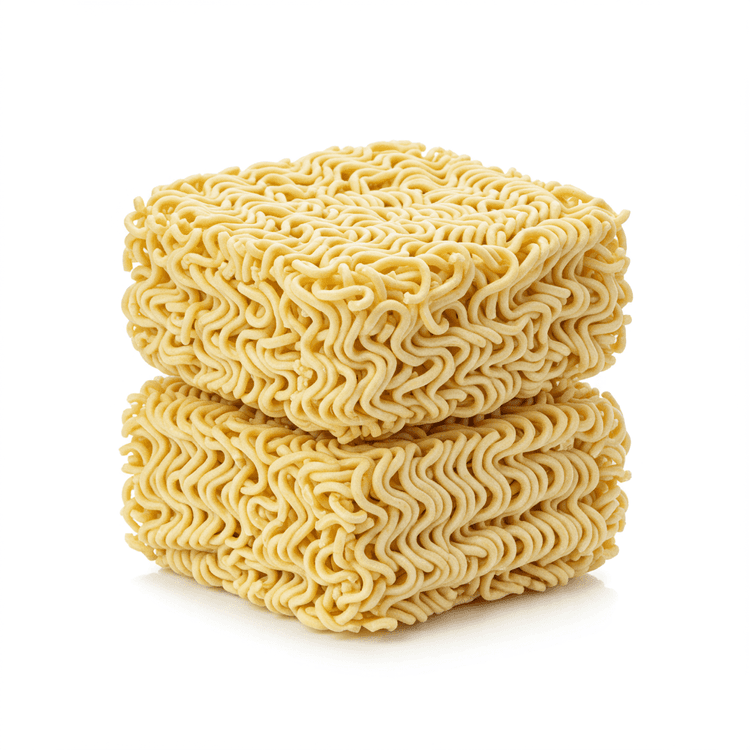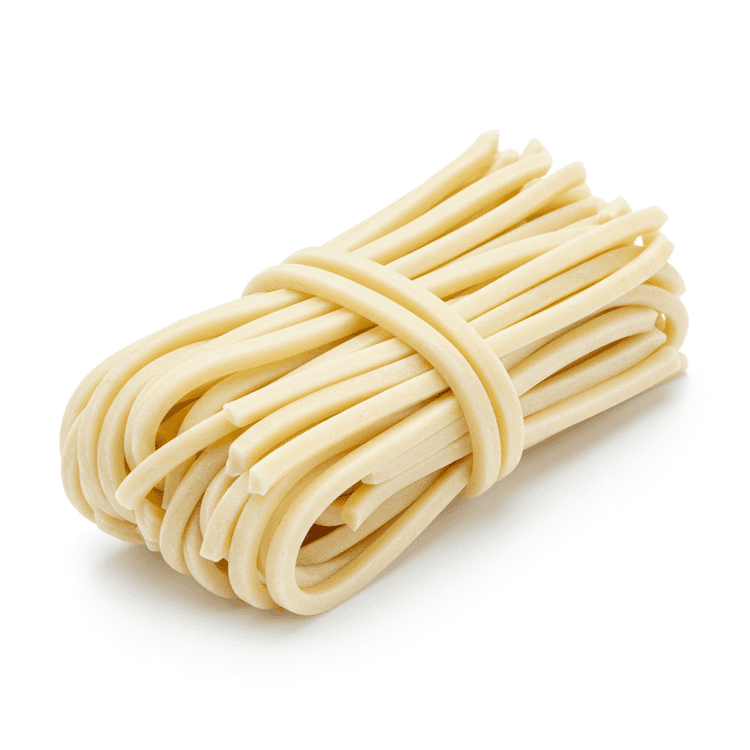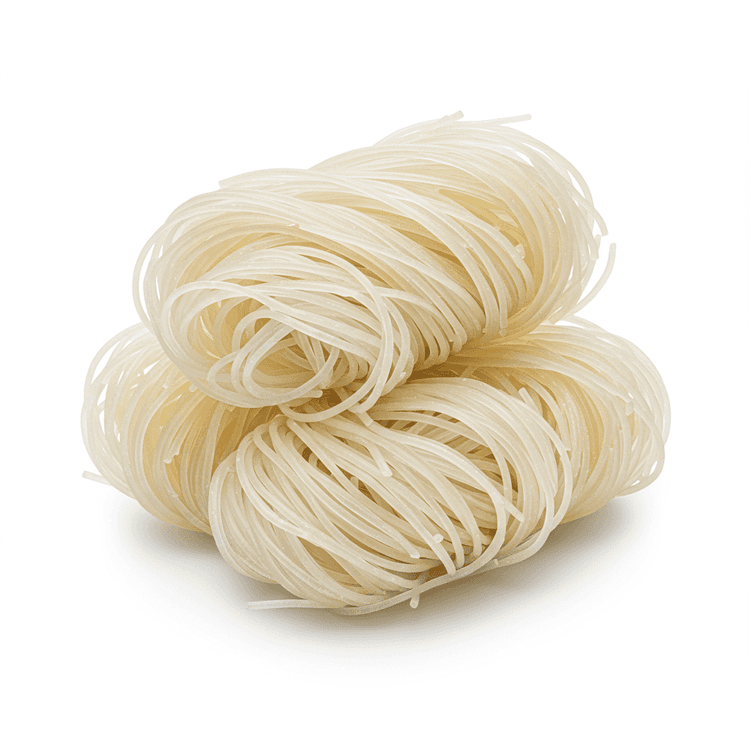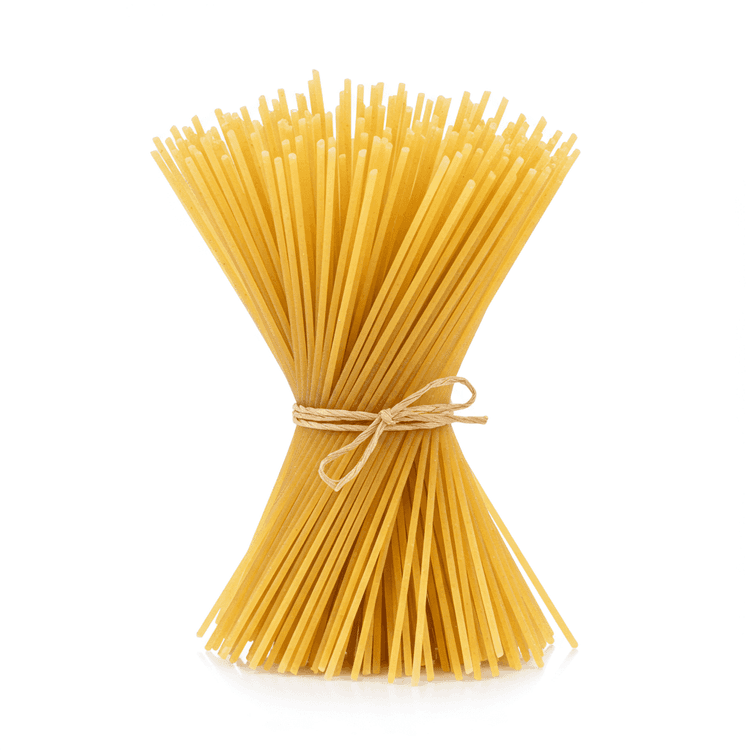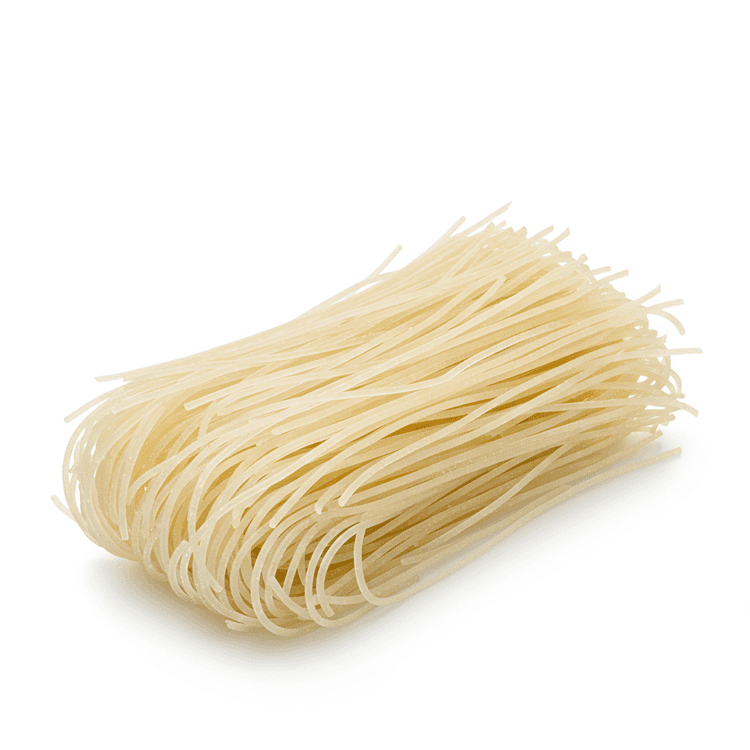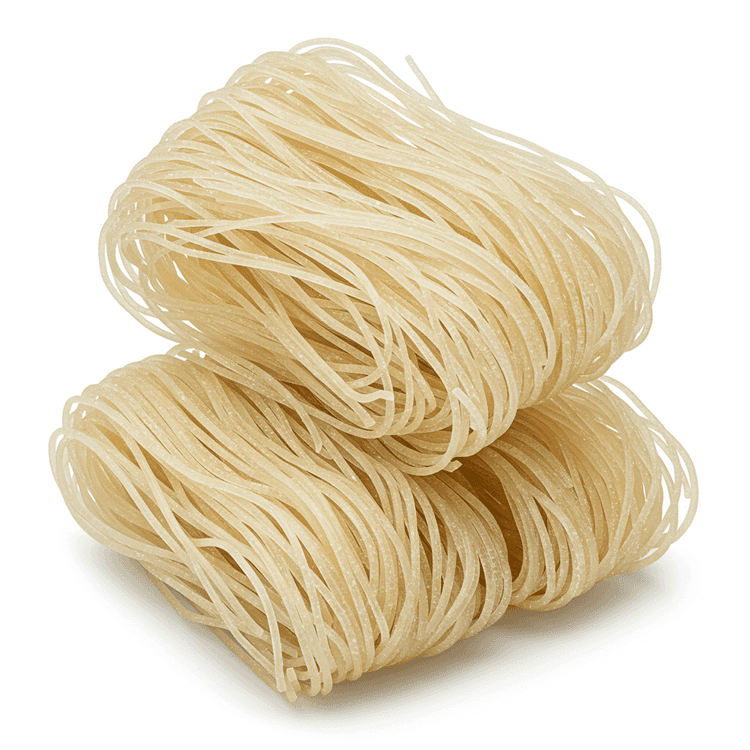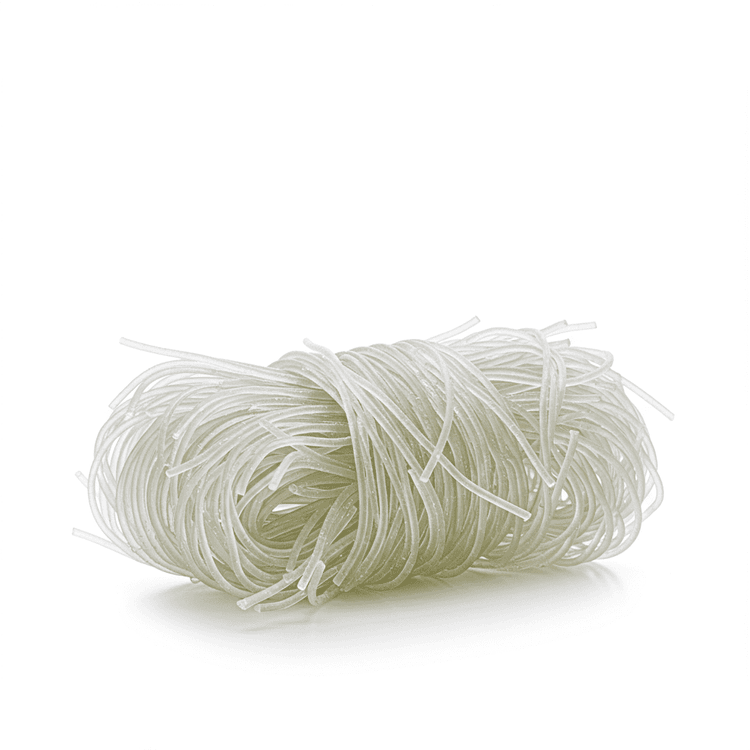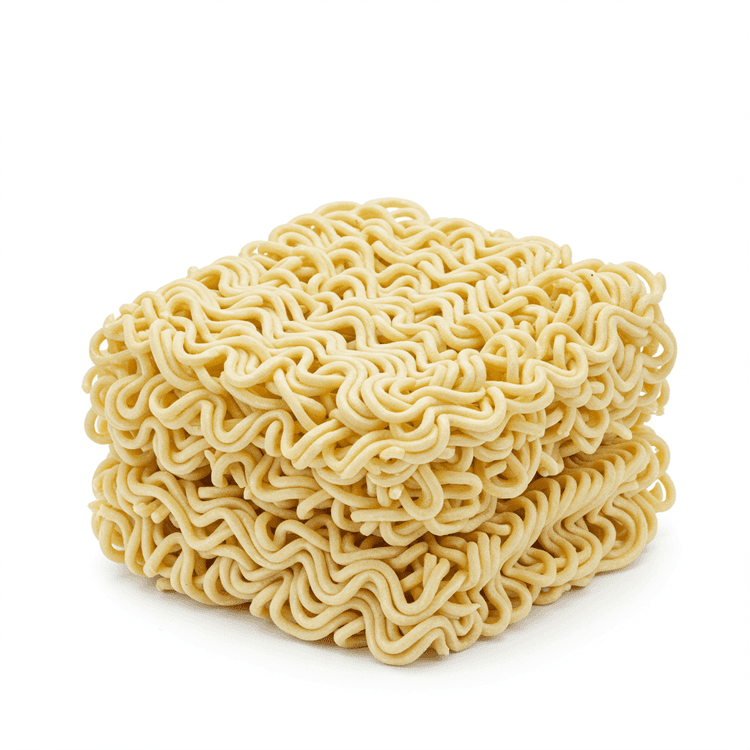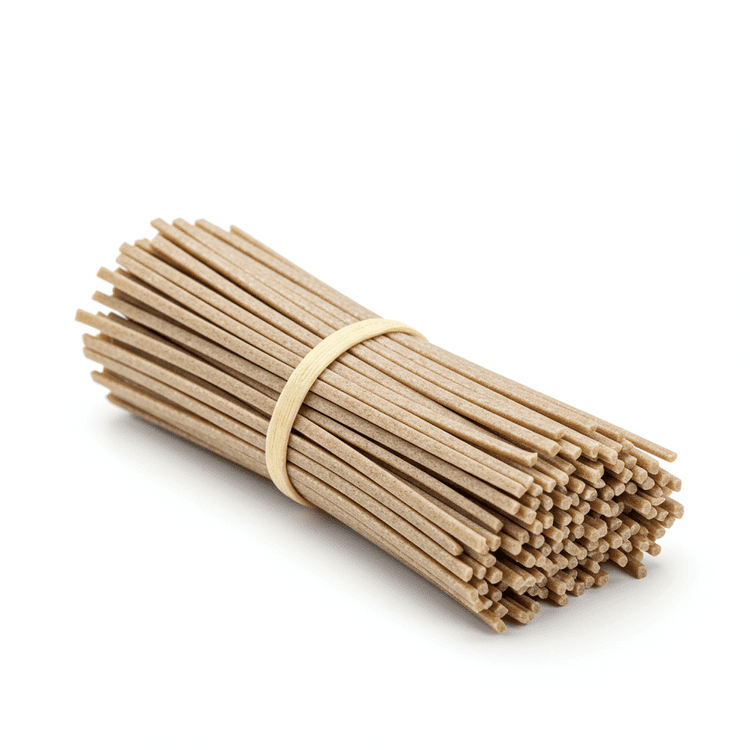
Soba Noodle
Soba noodles are thin, Japanese noodles made primarily from buckwheat flour, giving them a distinctive earthy and slightly nutty flavor. They have a firm, slightly chewy texture when cooked al dente and a light brown to greyish-brown color, depending on the proportion of buckwheat flour used. Higher buckwheat content generally results in a deeper color and more pronounced flavor. A versatile ingredient, soba noodles are a popular choice for both hot and cold dishes in Japanese cuisine and beyond, offering a healthy and flavorful alternative to wheat-based noodles.
Common Uses
- Served chilled with dipping sauce (tsuyu): Cold soba noodles, known as zaru soba or mori soba, are a refreshing dish perfect for warm weather. The cooked noodles are rinsed in cold water, drained, and served on a bamboo tray (zaru) with a concentrated dipping sauce made from soy sauce, mirin, and dashi.- In hot noodle soups: Soba noodles are commonly added to hot broth-based soups, such as kake soba, where they are served in a simple dashi broth seasoned with soy sauce and topped with ingredients like scallions and tempura. - As part of a stir-fry: Cooked soba noodles can be stir-fried with vegetables, protein (such as chicken, shrimp, or tofu), and a flavorful sauce, creating a quick and easy meal.- In noodle salads: Soba noodles can be combined with various vegetables, herbs, and dressings to create a refreshing and nutritious noodle salad. Common additions include cucumbers, carrots, cilantro, and a sesame-ginger dressing. - Used as a substitute for pasta: The nutty flavor and pleasant texture of soba noodles make them a unique and healthy alternative to traditional pasta in some dishes.
Nutrition (per serving)
Nutrition (per serving)
Calories
114.0kcal (5.7%)
Protein
5.7g (11.46%)
Carbs
24.8g (9.01%)
Sugars
0.5g (0.92%)
Healthy Fat
0.4g
Unhealthy Fat
0.1g
% Daily Value based on a 2000 calorie diet
Nutrition (per serving)
Calories
114.0kcal (5.7%)
Protein
5.7g (11.46%)
Carbs
24.8g (9.01%)
Sugars
0.5g (0.92%)
Healthy Fat
0.4g
Unhealthy Fat
0.1g
% Daily Value based on a 2000 calorie diet
Health Benefits
- Good source of manganese, important for bone health and energy production.
- Provides dietary fiber, aiding in digestion and promoting gut health.
- Contains protein, contributing to muscle repair and satiety.
- Lower glycemic index compared to some other noodles, potentially helping manage blood sugar levels.
- Rich in B vitamins, which support nerve function and energy metabolism.
- May contribute to heart health due to its fiber and nutrient content.
Substitutes
Chefadora AI is here.
Experience smarter, stress-free cooking.
Storage Tips
Uncooked soba noodles should be stored in a cool, dry place away from direct sunlight. An airtight container is ideal to prevent moisture absorption. Cooked soba noodles are best stored in the refrigerator in an airtight container and consumed within 2-3 days. Avoid freezing cooked soba noodles as it can alter their texture.
Marnirni-apinthi Building, Lot Fourteen,
North Terrace, Adelaide, South Australia, 5000
Australia
